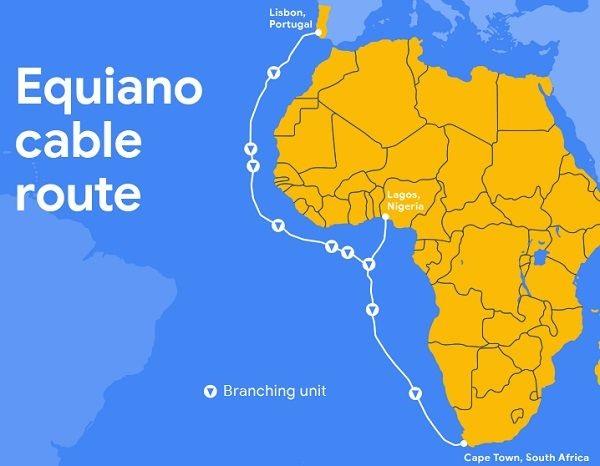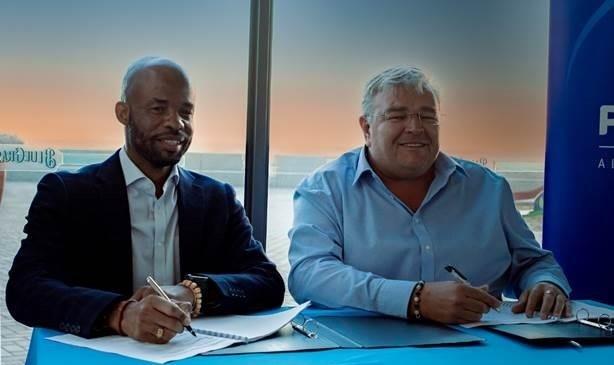Paratus welcomes Demshi investment in subsea cable project
Staff ReporterAs the news is announced about the agreement that Paratus is the landing party for the subsea cable, Equiano, in Namibia, Paratus welcomes private licensed operator Demshi Investment Holdings as a significant capacity investor.
This was announced on 17 January and the deal realises the critical and ultimate vision of providing Namibian networks and their customers with greater capacity. In turn, this will enable more product options, stimulate economic growth and support a competitive telecommunication sector.
Significant investment has been made in landing the Equiano cable in Namibia. Paratus Group CEO, Barney Harmse says, “We welcome Demshi, as an important private licensed operator, and their investment in additional capacity made available by the Equiano subsea cable project, as this matches our goals of delivering unlimited connectivity and of building Africa’s quality network with all the Internet capacity it needs.”
In 2019, Google first announced its subsea cable project, Equiano, would connect Africa with Europe, running along the west coast of Africa, between Portugal and South Africa. Google’s Equiano cable incorporates new technology that enables approximately 20 times more network capacity than the last cable built to serve this region and provides flexibility to add and reallocate capacity in different locations as needed.
Paratus, the landing party for the Namibia branch of Equiano, is a leading pan-African full-service network operator with operations in six SADC countries. Its extended network provides a satellite connectivity-focused service in 28 African countries, and to thousands of remote customer connections across the continent. The additional capacity offered by the Equiano cable, the largest in Africa, further strengthens the Paratus SADC footprint and European network connection, as well as the operator’s long-term growth strategy.
Demshi Investment Holdings CEO Werner Shilunga says: “Our investment in the Equiano cable capacity means that we will be able to offer our clients international internet capacity, a much-needed diversified route, security of supply and unmatched quality of service. We look forward to participating in a bright future of connectivity in Namibia.
“The cooperation between Paratus and Demshi reflects the spirit and objectives of the Communications Act. The benefits of cooperation, when local operators are buying capacity in this way, are far-reaching not only for customers but also for the entire ICT market in Namibia and beyond. In short, the availability of additional capacity helps to keep the industry competitive.
“We can see the ICT market evolving through collaboration. The opportunity to be an investor in such a project was not as openly available as it is now under our new Communications Act. We welcome the objectives of an open and transparent communications regime and the opportunities presented by it. This effectively elevates the ICT industry to be more competitive, which contributes to the country’s economic growth,” says Shilunga.
The increased capacity from the Equiano cable will provide Namibia with the necessary redundancy as a connectivity backup, a requirement that became evident when WACS & SAT3 subsea cable outages were experienced by various operators recently and which resulted in significant Internet downtime and adverse effects for those businesses in Namibia and the SADC that did not have redundant connectivity solutions.
Harmse concluded: “There is a critical requirement to ensure that our network is strengthened with diverse routes across Africa to minimise the impact of any single upstream network dependency.”
The Namibian landing station is scheduled to be completed in the latter part of 2021, with the Equiano cable expected to land in the second half of 2022.





Comments
My Zone
No comments have been left on this article